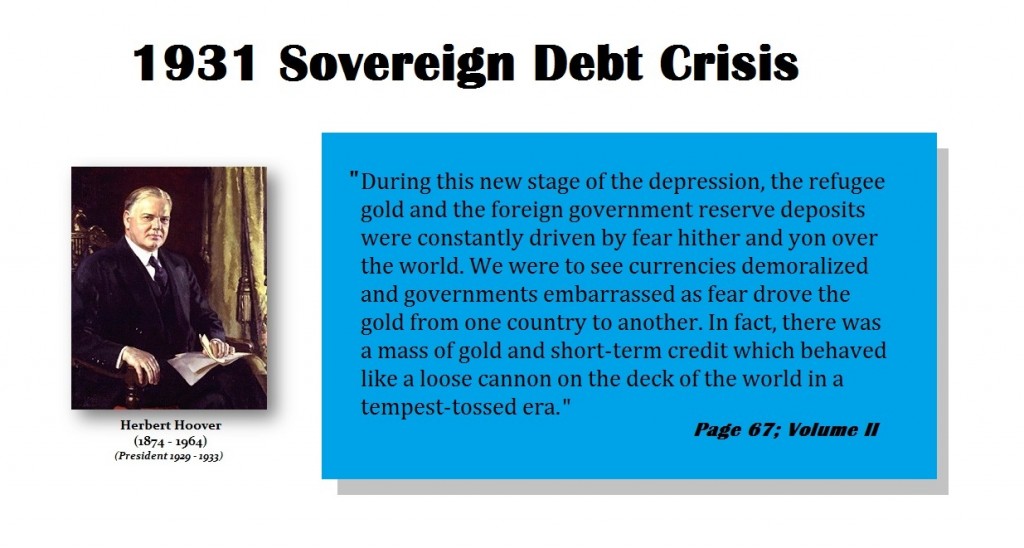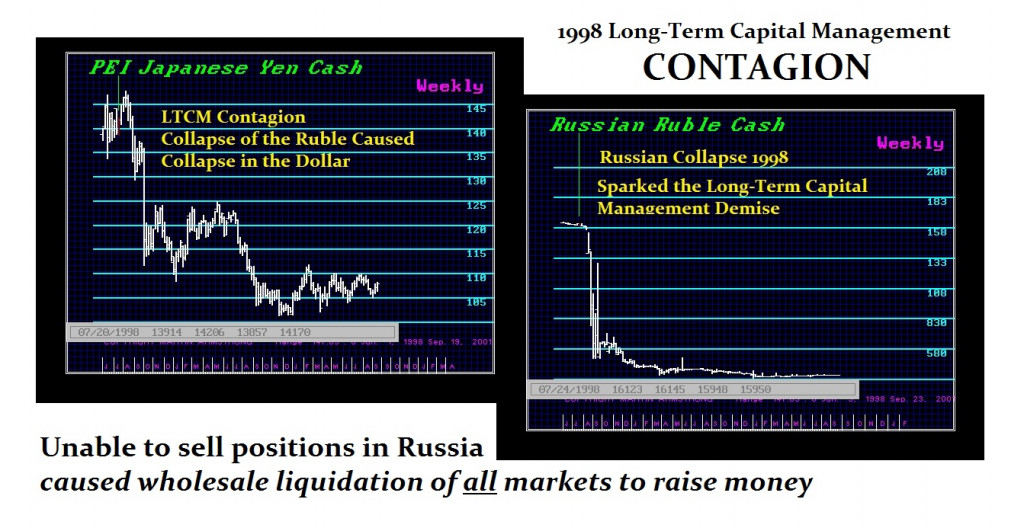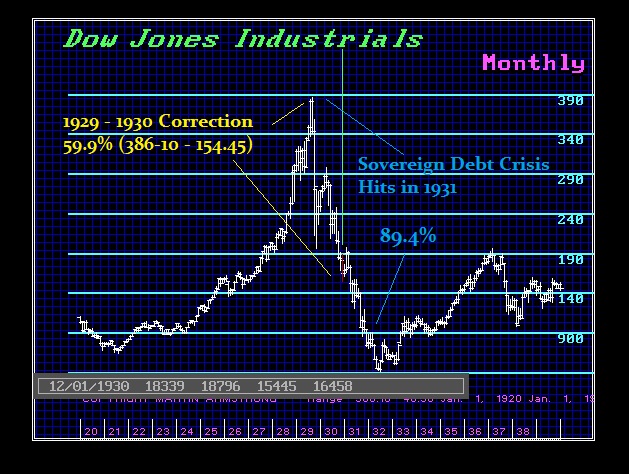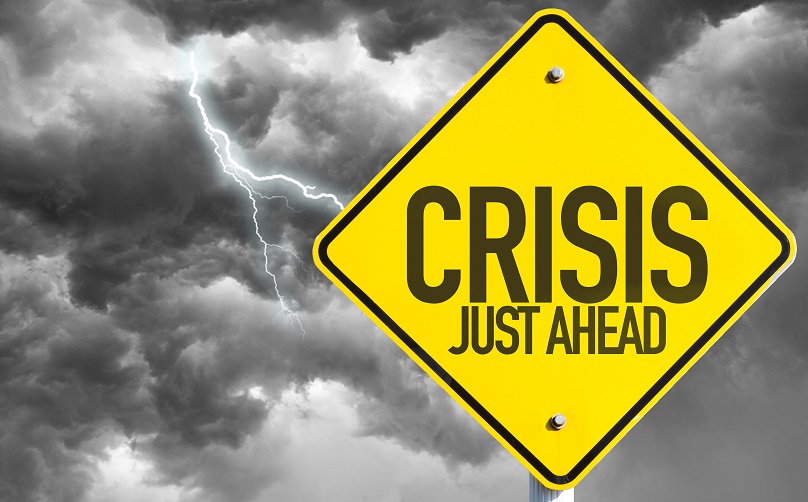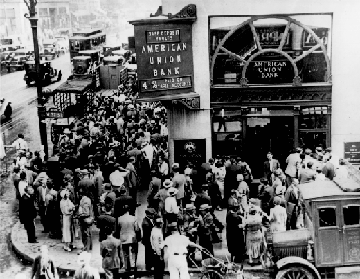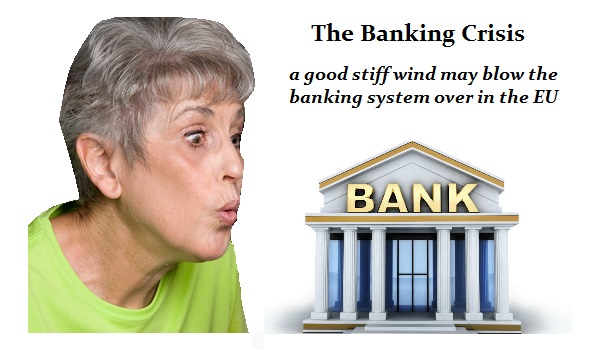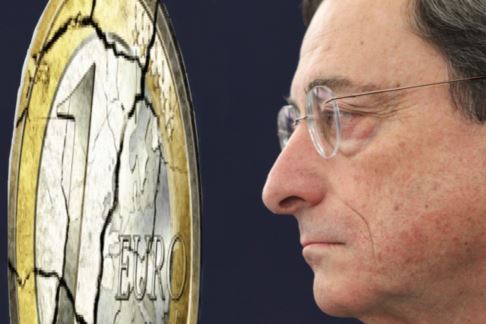
Photo by airpix | CC BY 2.0
Sovereign debt has been a crucial factor in a series of major historical events. From the early 19th century, in Latin American countries such as Colombia, Mexico and Argentina, struggling for independence,as well as Greece when seeking funds for its war of independence, these nascent countries borrowed from London bankers under leonine conditions which finally subjugated them into a new cycle of subordination.
Other states lost their sovereignty quite officially. Tunisia enjoyed some amount of autonomy in the Ottoman Empire, but was indebted to Parisian bankers. France used the ruse of debt to justify its tutelage over Tunisia and its colonization. Ten years later, in 1882, Egypt similarly lost its independence. In the pursuit of recovering debts owed to the English banks, Great Britain launched a military occupation of the country and then colonized it (http://www.cadtm.org/Debt-as-an-ins… ).
Debt “assures” the domination of one country over another
The Great Powers were quick to realise that the interest from a country’s external debt would be massive enough to justify a military intervention and a tutelage, at a time when it was considered acceptable to wage wars for debt recovery.
The 19th century Greek debt crisis resembles the current crisis
The problems flaring up in London in December 1825, ensued from the first major international banking crisis. When banks feel threatened, they no longer want to lend, as could be seen after the Lehman Brothers crisis in 2008. Emerging states, such as Greece, had borrowed under such obnoxious conditions, and the sum in hand was so little compared to the actual loan, that fresh borrowing became necessary to repay their existing debt. When the banks stopped lending, Greece was no longer able to refinance its debt and so suspended repayments in 1827.
…click on the above link to read the rest of the article…






